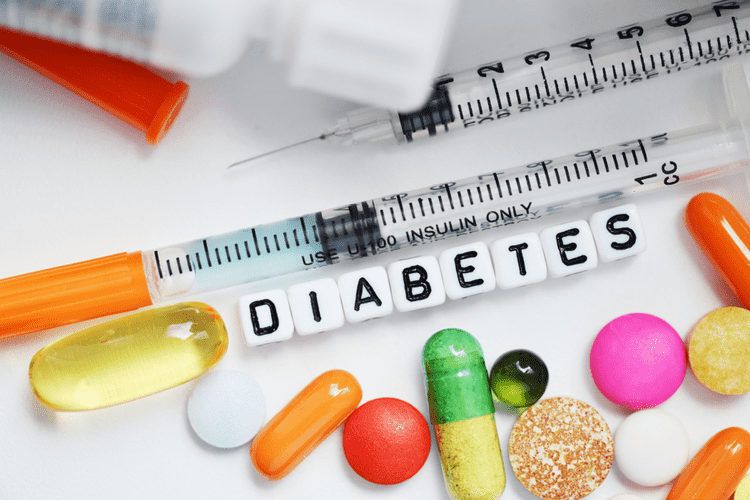This is of particular concern when you’re taking certain medications that also depress the brain’s function. Genetic, psychological, social and environmental factors can impact how drinking alcohol affects your body and behavior. Theories suggest that for certain people drinking has a different and stronger impact that can lead to alcohol use disorder. If your pattern of drinking results in repeated significant distress and problems functioning in your daily life, you likely have alcohol use disorder. However, even a mild disorder can escalate and lead to serious problems, so early treatment is important.
Long-Term Effects and Risks of Meth Use

For professionals already working in their respective fields, it is imperative to offer opportunities for continued education related to addiction. In these ways, we can take a multidisciplinary approach to recognizing and responding to addiction in the United States and better support those who struggle with drugs of abuse or addictive or compulsive behaviors. There is also increasing evidence that addictive substances can interact with cycling sex hormones such as estrogen and progesterone. For instance, research has shown that when estrogen levels are high, like before ovulation, alcohol might feel more rewarding, which could drive higher levels of binge drinking. Currently, researchers don’t know the full extent of the interaction between these natural biological rhythms or other unique biological factors involved in women’s health and propensity for alcohol addiction.
Risk factors

The NIAA offers a list of a number of these support groups, including secular options. Relapsing doesn’t mean that treatment has failed, though — it takes time to change behavior. You can work with a health professional to try new treatments that may work better for you. In many organs, the effects of alcohol https://financeinquirer.com/top-5-advantages-of-staying-in-a-sober-living-house/ increase over time, and the damage becomes apparent only after years of abuse. The sooner you recognize there may be a problem and talk to your healthcare provider, the better your recovery chances. It’s a disease of brain function and requires medical and psychological treatments to control it.
Understanding alcohol use disorders and their treatment
Naltrexone taken as-needed, rather than daily, can help reduce binge drinking for people with alcohol use disorder, according to new research. They can assess whether you have a risky drinking pattern, evaluate your overall health, help create a treatment plan, and refer you to programs or other healthcare providers if necessary. The brain experiences the effects of alcohol right away, resulting in changes in mood, behavior, and judgment.
Stressful events, such as bereavement or losing a job, can also trigger heavy drinking in some people, which can then lead to alcohol dependence. Your healthcare provider will Top 5 Advantages of Staying in a Sober Living House recommend and encourage treatment for alcohol use disorder. It affects about 50% of people with alcohol use disorder who stop or significantly decrease their alcohol intake.
Behavioral Treatment
- Being dependent on alcohol means a person feels they’re not able to function or survive without it and that drinking becomes an important – or sometimes the most important – factor in their life.
- When you think of summer, you may think of ice cream, beach days or relaxing with a fruity cocktail in your hand.
- Stressful events, such as bereavement or losing a job, can also trigger heavy drinking in some people, which can then lead to alcohol dependence.
- Within this system, stress induces the release of the hormone corticotrophin-releasing factor (CRF) from a brain area called the hypothalamus.
- And, notably, trials of gabapentin against placebo as a treatment for alcohol use disorder and withdrawal have had mixed results (an extended-release version failed to work better than placebo).
- Similar results have been reported in mice, with voluntary alcohol consumption assessed using a limited access schedule (Becker and Lopez 2004; Dhaher et al. 2008; Finn et al. 2007; Lopez and Becker 2005).
This compound is processed further into smaller molecules, such as β-endorphin and adrenocorticotropic hormone (ACTH). ACTH is carried via the blood stream to the adrenal glands (which are located atop the kidneys), where it induces the release of stress hormones (i.e., glucocorticoids) that then act on target cells and tissues throughout the body (including the brain). The main glucocorticoid in humans and other primates is cortisol; the main glucocorticoid in rodents is corticosterone. Then, as dependence takes over, it’s possible you will find you get the shakes if you don’t have a drink, and so feel the need to keep drinking to avoid experiencing very unpleasant withdrawal symptoms. People who are dependent on alcohol often experience poor mental health.
- While receiving treatment, healthcare providers will want to monitor you continuously to make sure you don’t develop life-threatening complications.
- Here’s how we can face our triggers with less reactivity so that we can get on with our lives.
- Neurons are the brain’s key communicator, sending both electrical and chemical signals within the brain and to the rest of your body.
- The following list of medications are related to or used in the treatment of this condition.
